Angola’s Huíla Education Office is emphasizing the need for inclusive language policies to protect and promote cultural diversity in the country. Speaking at the provincial ceremony for International Mother Language Day, the director of the Huíla Education Office, Paula Joaquim, underscored the importance of valuing all local languages to ensure the preservation of Angola’s rich cultural heritage.
Joaquim highlighted that inclusive language policies foster social equity by allowing diverse linguistic communities to express themselves freely. She warned that when a single language dominates, non-speakers often face barriers in communication, leading to marginalization. By promoting mother tongues, Angola can strengthen its ethnic identities and create a more inclusive society.
“The mother tongue plays a fundamental role in shaping a person’s identity, culture, and cognitive development. It reflects a community’s history, traditions, and values while preserving its heritage,” she said.
Efforts to integrate local languages into Angola’s education system began in 2008 with the introduction of Olunyaneka. By 2012, Ngangela, Cokwe, and Umbundu were incorporated into school curricula. Today, 97 schools across Huíla province have adopted these languages, benefiting 25,000 students with the support of 200 teachers.
This year’s International Mother Language Day is themed “Valuing Mother Tongues, Culture, and Indigenous Cuisine for the Well-being of Angolans”. The celebration coincides with Angola’s 50th anniversary of independence, reinforcing the nation’s commitment to linguistic and cultural preservation.
The global observance of International Mother Language Day, established by UNESCO in 1999 and celebrated annually since 2000, aims to promote linguistic diversity and cultural exchange worldwide.
— Adapted from ANGOP






























































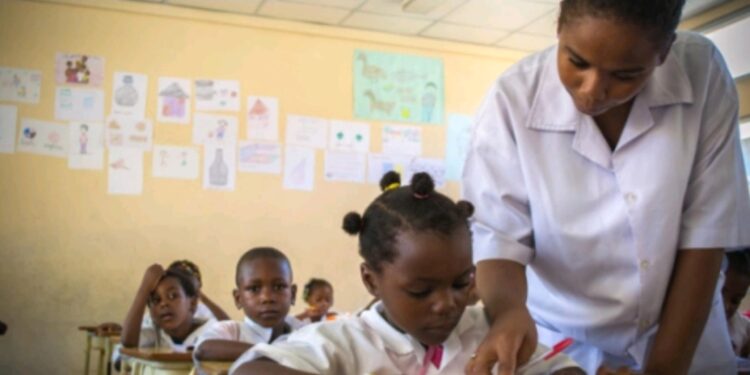




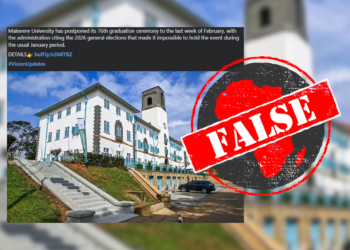

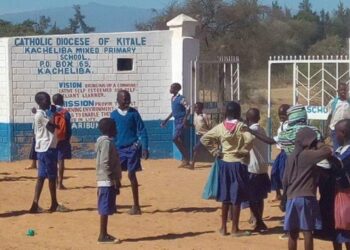
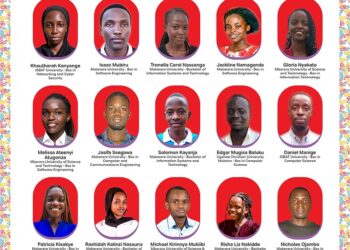
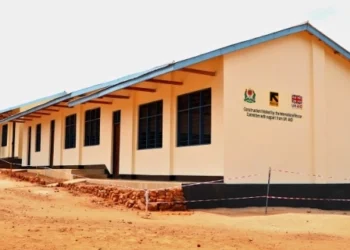










 EduTimes Africa, a product of Education Times Africa, is a magazine publication that aims to lend its support to close the yawning gap in Africa's educational development.
EduTimes Africa, a product of Education Times Africa, is a magazine publication that aims to lend its support to close the yawning gap in Africa's educational development.